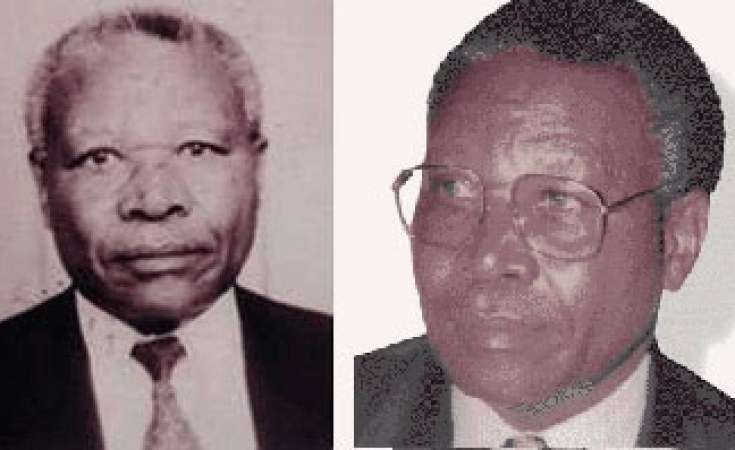The International Residual Mechanism for Criminal Tribunals in The Hague, Netherlands on Tuesday ruled that Felicien Kabuga, one of the alleged leading architects of the Genocide against the Tutsi in Rwanda, is unfit to participate meaningfully in his trial and is very unlikely to "regain" fitness in the future.
During the hearing, judges said they wanted to "adopt an alternative finding procedure that resembles a trial as closely as possible, but without the possibility of a conviction."
This would "ensure respect for his rights" at the same time as achieving the goals of the court, they added.
The ruling comes nearly a year after the 90 year old suspected mastermind of the 1994 Genocide against the Tutsi, began trial on seven counts of genocide, including, complicity in genocide, direct and public incitement to commit genocide, attempt to commit genocide, conspiracy to commit genocide, persecution and extermination, all in relation to crimes committed during the 1994 Genocide against the Tutsi.
The notorious businessman, commonly known as the genocide financier, refused to appear in court or appear remotely at the start of his trial and has subsequently followed proceedings via video-link from a wheelchair at the court's detention center.
The court put the trial on hold in March over health concerns, when Gillian Mezey, one of the medics that were tasked with examining Kabuga's health said he was not fit to plead, understand evidence and meaningfully participate in a court hearing.
The ruling has attracted several reactions with the majority describing it as "a predictable outcome."
For Doris Picard Uwicyeza, the Chief Technical Advisor at the Ministry of Justice, the ruling is disappointing but predictable outcome.
"International courts so far removed from the realities of the communities they supposedly provide justice for cannot explain how a "senile" person was able to evade justice in a series of complex operations," she said in a tweet.
Kabuga was arrested in Paris in 2020 after decades on the run and sent for trial in the Hague.
He is one of the last genocide suspects to face justice, with 62 convicted by the tribunal so far.
The latest to be brought to the book is Fulgence Kayishema, one of the fugitives most wanted for crimes committed in the 1994 Genocide against the Tutsi in Rwanda, who was arrested on May 24, in Paarl, South Africa.
The 63-year-old former head of the genocidal government's judicial police in the former Kibuye prefecture is alleged to have played a key role in planning and implementing the killing of approximately 2,000 Tutsi - women, men, children and elderly - at the Nyange Catholic Church during the 1994 Genocide.


